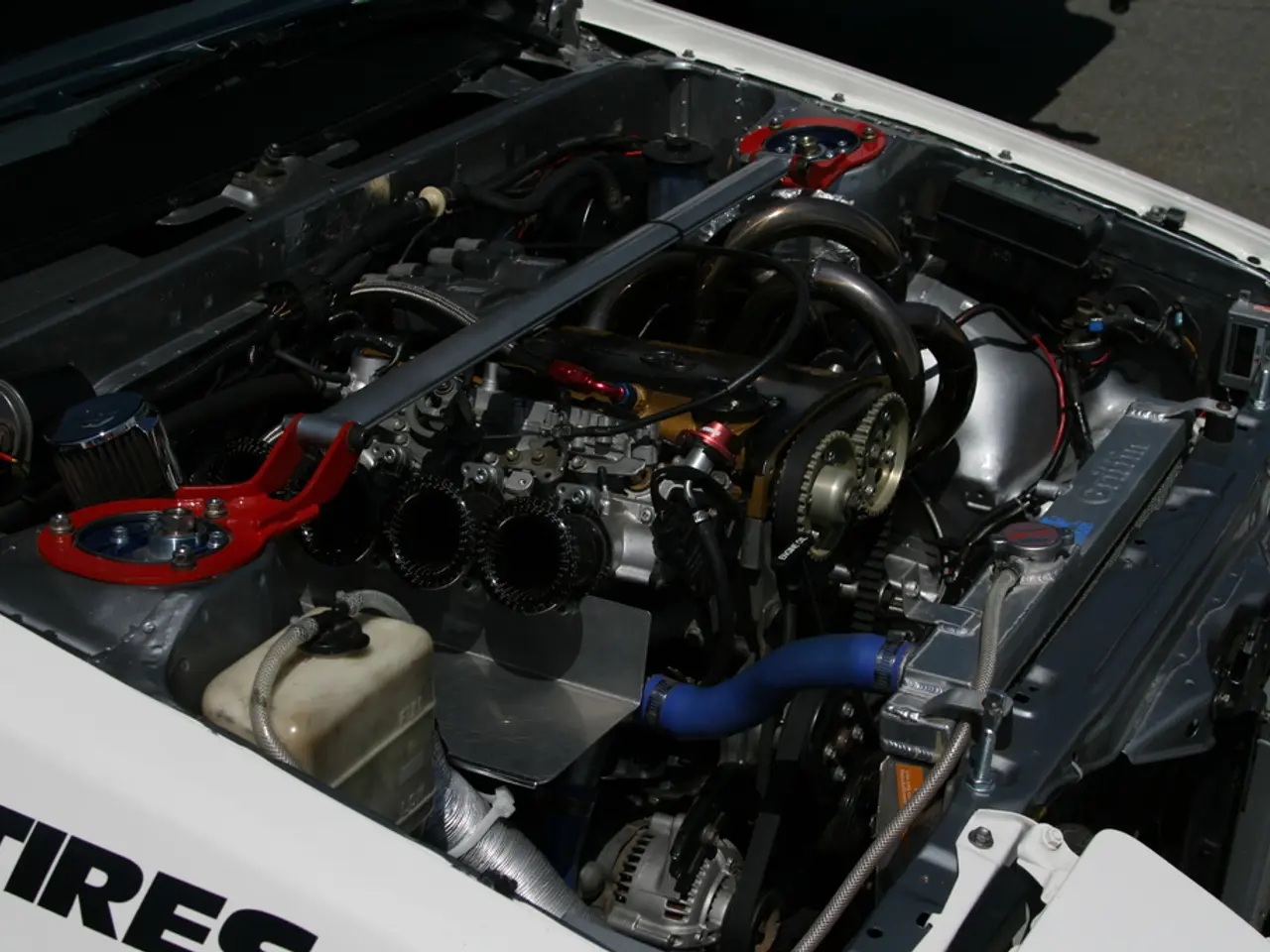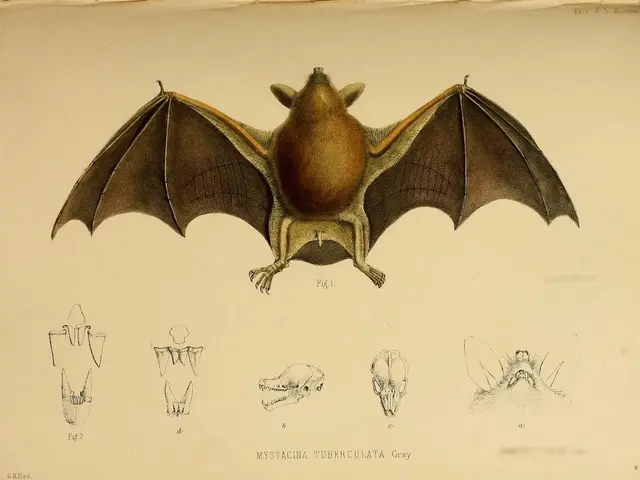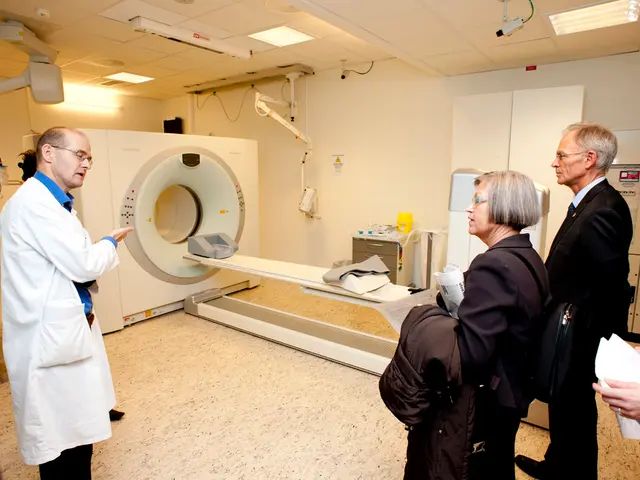Threat to Europe's Aspiration for Battery Manufacturing
In a bid to drive the energy transition forward, Europe is prioritising a green industrial policy that emphasises battery value chains, renewable energy sources such as wind, and smart grids. This policy, according to Transport & Environment (T&E), is crucial to capturing the economic, technological, and job opportunities presented by the energy transition.
One of the key elements of this policy is the Critical Raw Materials Act. This legislation has the potential to help secure raw materials in a socially and environmentally sound way, particularly for battery production. Europe's potential battery production capacity amounts to 1.2 TWh, but 68% of this capacity is at risk of delay, scale-down, or not being realised.
To address this risk, T&E suggests Europe needs a policy to assess the maturity, funding, permits, and companies' links to the US of projects. This assessment could be instrumental in ensuring Europe's battery production is sustainable and competitive.
The drop in Europe's share of global investment into lithium-ion batteries, from 41% in 2021 to just 2% in 2022, is a testament to the challenges faced. This decline is largely due to US subsidies and China's dominance in the EV supply chain. However, Europe's battery production for EVs is not necessarily at risk. A targeted, strong, and sustainability-focused green industrial policy could help Europe overcome this risk.
Germany, one of the key players in this policy, is planning significant battery cell capacity. However, it faces risks of delays and scaling restrictions. To counter these risks, Germany has announced high capacities by European and non-European companies and is taking measures such as regulatory support and infrastructure development to mitigate these risks.
Other countries such as Sweden, Italy, and the UK also have major announced European capacities, while Hungary hosts mainly Chinese investments. Broader EU challenges include administrative and grid integration hurdles, which countries are addressing through net expansion and storage promotion to avoid delays.
Europe also has the potential to secure approximately 10% of its nickel and cobalt needs for 2030 from local mining. Additionally, Europe can obtain around half of its lithium needs through cleaner technologies such as direct extraction from geothermal brines.
The upcoming Critical Raw Materials Act could play a crucial role in Europe's battery production for EVs. By focusing on securing access to raw materials vital for EV batteries, Europe can ensure it achieves its ambitions in the battery value chain. T&E recommends that Europe should aim to capture the economic, technological, and jobs value from the energy transition by implementing a robust green industrial policy. A strong response to counter US subsidies, including faster approvals for best-in-class projects, is also necessary.








